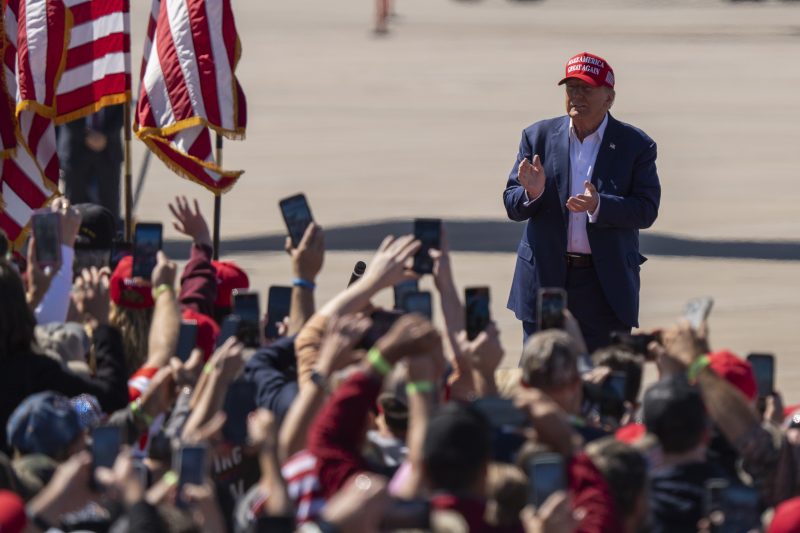In a recent statement, former President Donald Trump expressed his belief that women love him. Despite his assertion, polling data reveals a distinct gender gap in public opinion of the controversial figure.
One key factor contributing to this divide is Trump’s history of controversial and inflammatory remarks concerning women. From derogatory comments captured in the infamous Access Hollywood tape to disparaging tweets directed at female political opponents, Trump’s behavior has been met with widespread criticism from women’s advocacy groups and individual voters alike.
Furthermore, Trump’s policies and actions during his presidency often drew criticism from women’s rights activists. His administration enacted measures that rolled back protections for women in areas such as healthcare, reproductive rights, and workplace discrimination. These actions generated significant backlash and contributed to a negative perception of Trump among many women.
On the other hand, some female supporters of Trump praise his unapologetic and confrontational approach, viewing him as a strong leader unafraid to challenge traditional political norms. They appreciate his emphasis on issues such as economic growth and national security, viewing these as crucial priorities regardless of gender.
Despite these divergent perspectives, polling data consistently indicates a gender gap in public opinion of Trump. Women, particularly those from diverse racial and ethnic backgrounds, tend to express lower levels of support for the former president compared to men. This disparity underscores the complex and multifaceted dynamics shaping attitudes toward Trump among female voters.
Looking ahead, Trump’s relationship with women will likely continue to be a topic of debate and analysis as he remains a prominent figure in American politics. The gender gap in public opinion of Trump serves as a reminder of the diverse and nuanced perspectives that shape political discourse in the United States.
In conclusion, while Trump may believe that women love him, polling data and broader social trends reveal a more nuanced and varied landscape of opinions among female voters. The gender gap in public perception of Trump underscores the complexity of factors influencing women’s views on his leadership and policies. As the political landscape evolves, understanding and addressing these differences will be crucial for politicians seeking to engage effectively with female voters.


































